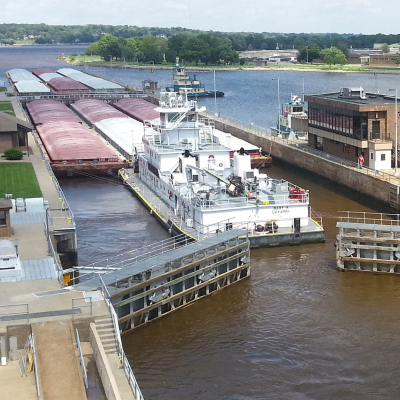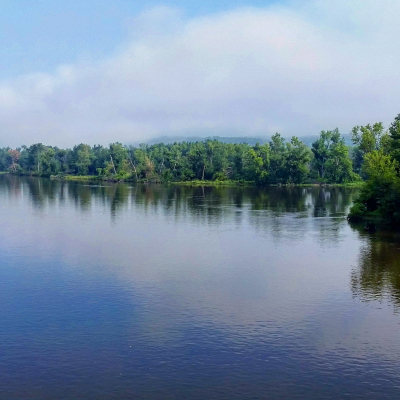The Water Level Management Regional Coordinating Committee tasked an ad hoc group to employ structured decision making practices to reach partnership agreement around a set of basic recommendations as to when, where, and why water level management should be used as an ecosystem restoration tool on the Upper Mississippi River System.
Between April 2021 and August 2021, UMRBA hosted a series of six virtual workshops for the ad hoc group to evaluate the issues, explore agency perspectives, and develop shared recommendations for water level management implementation. This report describes the process and outcomes of the workshops.
The ad hoc group reached a unified recommendation that the three USACE Districts should each implement water level management (i.e., actively manage for lower water levels with depths and duration to be determined) in one pool considered to be in “good” ecological condition and one pool considered to be in “poor” condition and assess the impacts of those actions by using a collaboratively developed adaptive monitoring framework lead by UMRBA and associated scientists. The ad hoc group agreed upon and sequenced a suite of seven recommendations that would allow USACE Districts to implement water level management to achieve ecological objectives. Ultimately, the recommendations will be submitted to the UMRBA Board and USACE Division and District leadership. These recommendations are not binding on federal and state governments.
The recommendations are described in the report and listed here.




